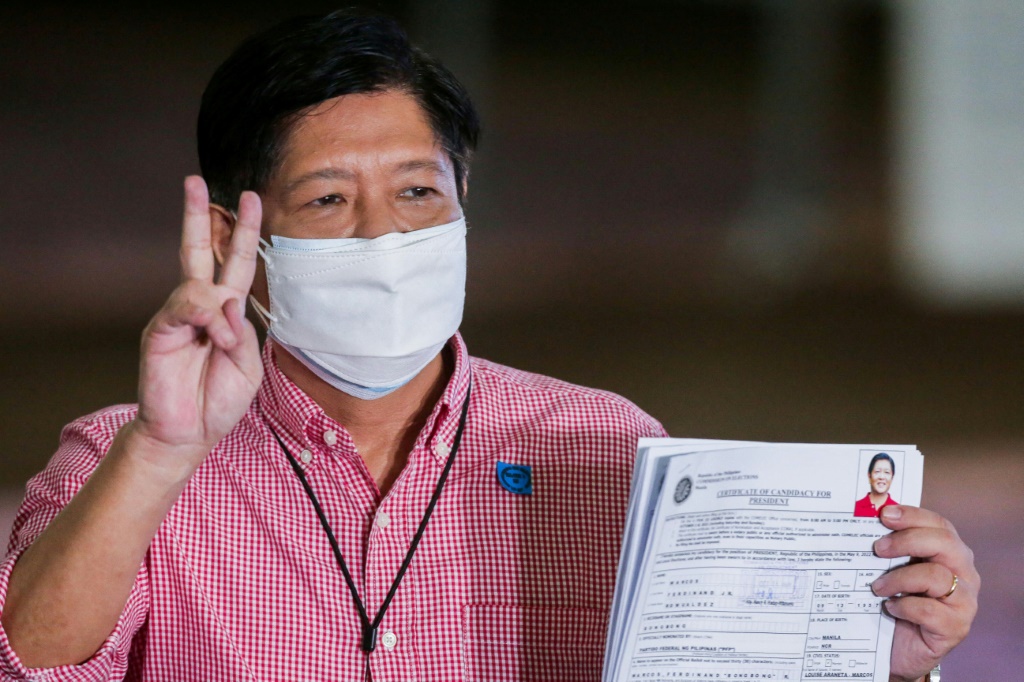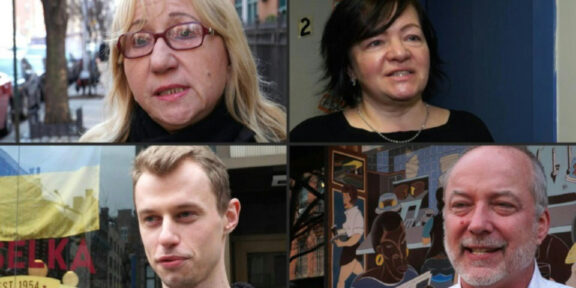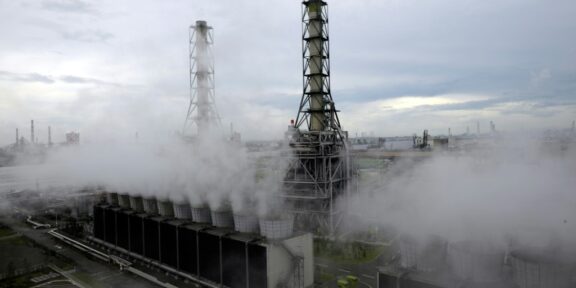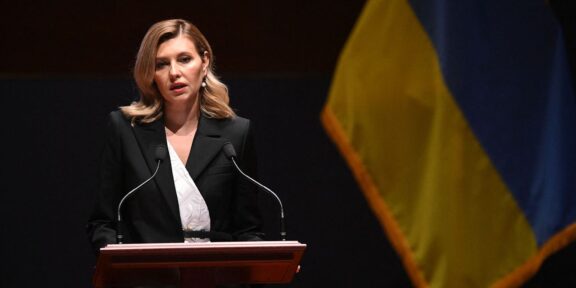Ferdinand Marcos Jr, whose father and namesake was the notorious Philippine dictator, is on track for the ultimate rehabilitation of his family brand: capturing the presidency.

In the decades since a popular uprising toppled the strongman and chased the family into US exile, the Marcoses have staged a stunning political comeback.
But Marcos Jr, 64, known by his nickname “Bongbong”, made it the furthest yet when he almost won the vice presidency in the 2016 election that vaulted Rodrigo Duterte to the nation’s top office.
Marcos Jr’s links to his father, especially the bloody repression of the martial law years, have made him one of the nation’s most polarising politicians.
But a massive social media campaign targeting people too young to remember the dictatorship has been critical in boosting his popularity — and, critics say, rewriting history.
Now, polls show Marcos Jr heading for a landslide victory in the May 9 elections — and returning to the presidential palace his family fled more than 35 years ago.
– Links to father’s crimes –
Marcos Jr was at boarding school in Britain when he received word in 1972 that his father had declared martial law, unleashing large-scale corruption and a bloody crackdown on dissent.
He has defended his father’s rule by citing the initial surge of economic growth and government spending under martial law, rather than the graft and mismanagement that later impoverished the nation.
While he has admitted that his father’s rule was marked by human rights abuses, he has minimised them.
He has claimed he was too young to shoulder any responsibility for his father’s rule, but critics point out that he served as governor of the family’s home province of Ilocos Norte from 1983 to 1986, while the elder Marcos was in power.
He was also appointed chairman of a government-controlled satellite service provider in 1985.
After his father’s ouster, a wealth recovery agency said the service was one of several firms used to funnel ill-gotten wealth abroad.
The fallen dictator died in Hawaii in 1989 but his family was later allowed to return home where they have made a remarkable political comeback, tapping local loyalties to get elected to a succession of higher positions.
Duterte once praised the elder Marcos as the “best president ever” and arranged for the ex-dictator to be buried in Manila’s Heroes’ Cemetery.
The Marcos clan’s turnaround has also been aided by subsequent administrations being marred by graft allegations and anger stoked by an enduring gulf between the rich and poor.
Returning from exile, Marcos Jr won his father’s old congressional seat in Ilocos Norte in 1992, before being elected again as governor of the province six years later.
He entered the Senate in 2010 before making his failed bid for the country’s second-highest office.
His mother, Imelda, served three straight terms in the lower House of Representatives before being succeeded by her nephew.
Marcos Jr’s sister Imee is a senator.
– ‘Haters gonna hate’ –
After Marcos Jr ran for vice president — under a system which elects the president and vice president separately — and lost to reformist congresswoman Leni Robredo, he filed a protest with the election authorities, alleging cheating.
The Philippines’ top court dismissed the vote challenge in February 2021 “for lack of merit”.
Until recently Duterte was a supporter of Marcos Jr, crediting the Marcos family’s backing for sealing his presidential victory. He has indicated that he would have preferred “Bongbong” as his vice president.
The two powerful families have formed a formidable alliance, with Marcos Jr teaming up with first daughter and vice presidential candidate Sara Duterte.
But the elder Duterte has been critical of Marcos Jr in recent months, while refusing to endorse any candidate — fuelling speculation he is trying to secure assurances from the frontrunner for when he is out of office.
In a previous interview with local celebrity Toni Gonzaga, Marcos Jr dismissed his critics with a line from Taylor Swift’s hit “Shake It Off”.
“The haters gonna hate,” he said.








